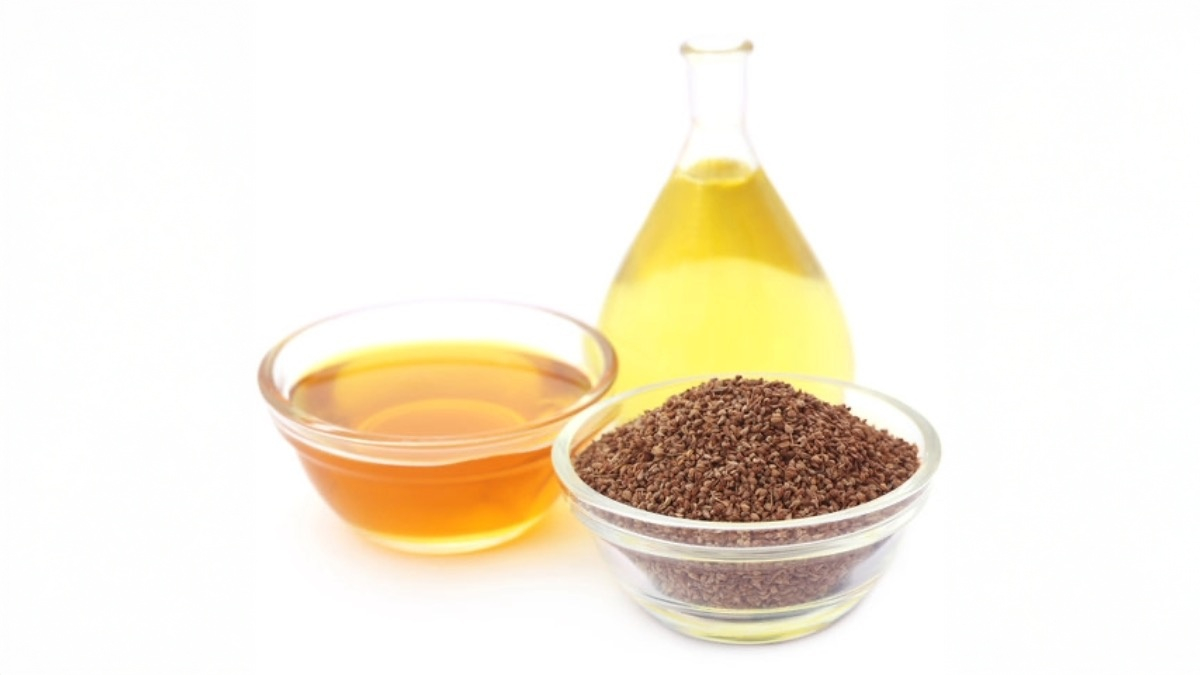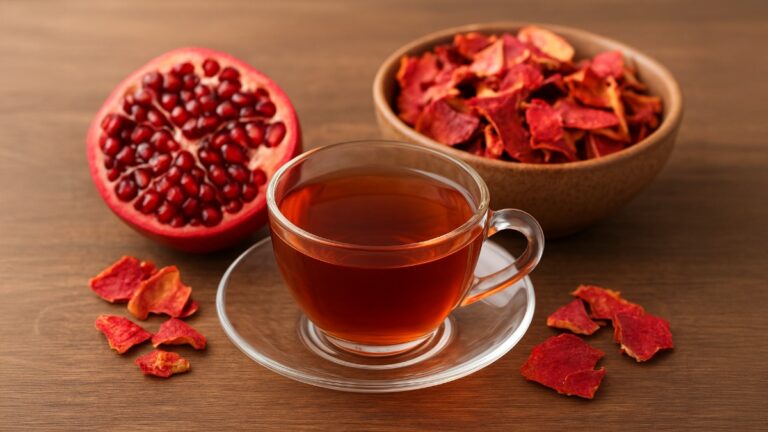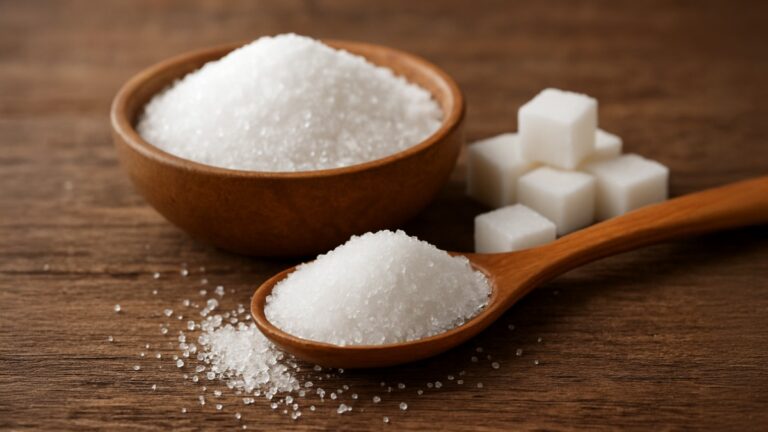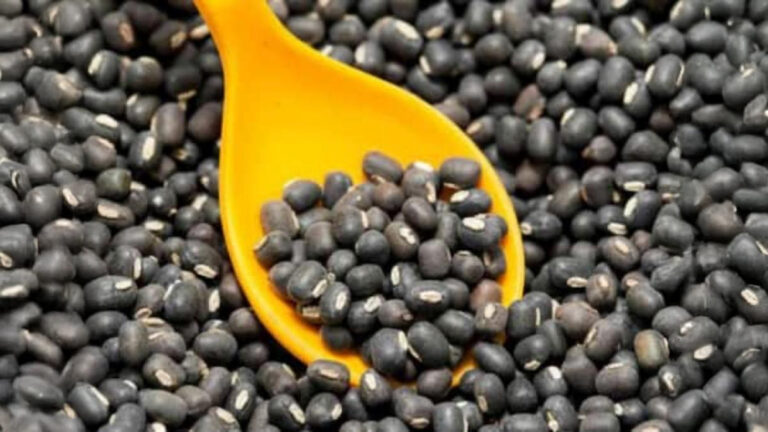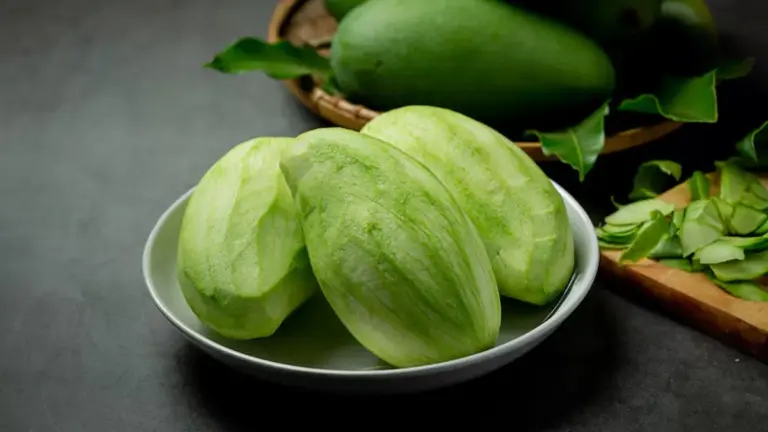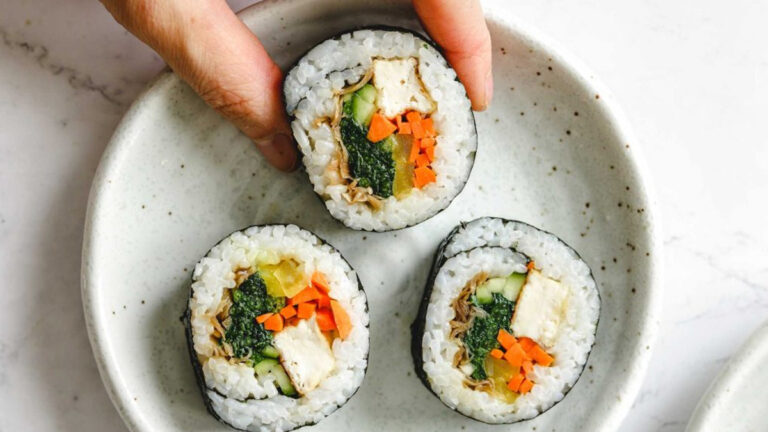Ajwain after delivery: Ajwain (carom seeds) has been a traditional go-to remedy in Indian households, especially recommended for new mothers after childbirth. It is hailed for its digestive benefits, ability to relieve gas, and for supporting lactation. However, while Ajwain has many health-promoting properties, excessive or improper use—especially during the delicate postpartum period—can lead to unintended health issues.
Let’s take a deep dive into the benefits and also the less talked-about side effects of consuming ajwain after delivery.
Why Ajwain is Commonly Recommended After Delivery
Ajwain contains thymol, a compound known for its anti-inflammatory and digestive properties. In Ayurvedic postnatal care, ajwain is often added to warm water, soups, or herbal teas consumed by the mother to speed up recovery.
5 Proven Benefits of Ajwain After Delivery
1. Aids Digestion and Reduces Bloating
Post-delivery, many women suffer from gas, constipation, and bloating due to changes in hormones and body structure. Ajwain water helps improve digestion and relieves gas by stimulating gastric juice production.
2. Boosts Breast Milk Production
Ajwain is believed to support lactation. While more scientific evidence is still needed, many mothers report improved milk flow after including ajwain in their diet, especially when consumed with fenugreek or fennel seeds.
3. Fights Infections
Ajwain has antibacterial and antifungal properties. It helps protect the mother’s weakened immune system from infections that are common after childbirth.
4. Relieves Postpartum Pain and Cramps
Ajwain’s anti-inflammatory and analgesic nature may ease abdominal cramps and post-delivery pain, especially in the uterus. It can also help the uterus contract back to its normal size more efficiently.
5. Helps in Weight Loss
Ajwain is often used in weight-loss drinks post-delivery because it helps increase metabolism and burn fat. Regular intake may help mothers return to pre-pregnancy weight over time.
4 Serious Side Effects of Ajwain After Delivery
Despite its many benefits, ajwain is not always safe in large amounts, especially for new mothers. Here are 4 potential side effects you must be aware of:
1. May Cause Dehydration and Acidity
Ajwain is hot in nature. Consuming it excessively—especially in summers or without proper hydration—can cause acidity, mouth ulcers, or a burning sensation in the stomach. For a woman recovering from childbirth, these issues can slow down healing and cause unnecessary discomfort.
Tips: Always drink enough water when consuming ajwain-based drinks, and avoid taking it on an empty stomach.
2. Risk of Allergic Reactions
Though rare, some women might be allergic to thymol, the active compound in ajwain. Symptoms can include skin rashes, irritation in the throat, or breathing issues. This can be dangerous for new mothers who are already vulnerable due to fluctuating hormones.
Tips: If consuming ajwain for the first time post-delivery, start with a very small amount and observe for any unusual reactions.
3. Disrupts Breast Milk Taste (and Baby’s Feeding)
Ajwain has a strong taste and odor. In some cases, it may alter the taste of breast milk, which can lead to reduced breastfeeding frequency if the baby becomes fussy or avoids feeding. This could lead to lower milk supply or inadequate nutrition for the baby.
Tips: Monitor your baby’s behavior after feeding. If the baby turns away or refuses milk frequently, consider reducing ajwain intake.
4. Can Worsen Hemorrhoids or Piles
Ajwain’s heat-generating nature can worsen postpartum piles or hemorrhoids, a common issue after vaginal delivery. It can lead to more irritation, itching, or even bleeding in severe cases.
Tips: If you’re already suffering from piles, avoid spicy or heating foods like ajwain until healing is complete.
Safe Ways to Consume Ajwain Postpartum
To gain the benefits of ajwain while avoiding its side effects, moderation is key. Here are some safe consumption tips:
- Ajwain Water: Boil 1 tsp ajwain in 2 cups of water. Reduce to 1 cup and drink warm, once a day.
- Ajwain Tea: Mix ajwain with fennel and a pinch of turmeric. Brew it into a tea to soothe digestion.
- Ajwain in Cooking: Add to curries, parathas, or soups in small amounts for flavor and health.
- Avoid Raw Consumption: Eating ajwain raw on an empty stomach can be harsh for a new mother’s digestive system.
Who Should Avoid Ajwain After Delivery?
Ajwain may not be suitable for every new mother. Avoid or limit it if.
- You’re dealing with piles or ulcers
- You notice skin or digestive allergies
- Your baby refuses breast milk suddenly
- You live in a hot and dry climate and feel heat-related symptoms
Ajwain is undoubtedly a powerful natural remedy that supports digestion, immunity, and lactation after delivery. However, it’s crucial to remember that natural doesn’t always mean harmless—especially during the fragile postpartum period. Overconsumption or inappropriate use can lead to complications that hinder recovery or affect breastfeeding.
It is always best to consult a doctor or certified dietitian before making ajwain a regular part of your postnatal diet.
Stay informed, stay safe, and remember—balance is key to a healthy recovery.
(Disclaimer: The information given here is based on general information. Before adopting it, definitely take medical advice. THE MONK does not confirm this.)

